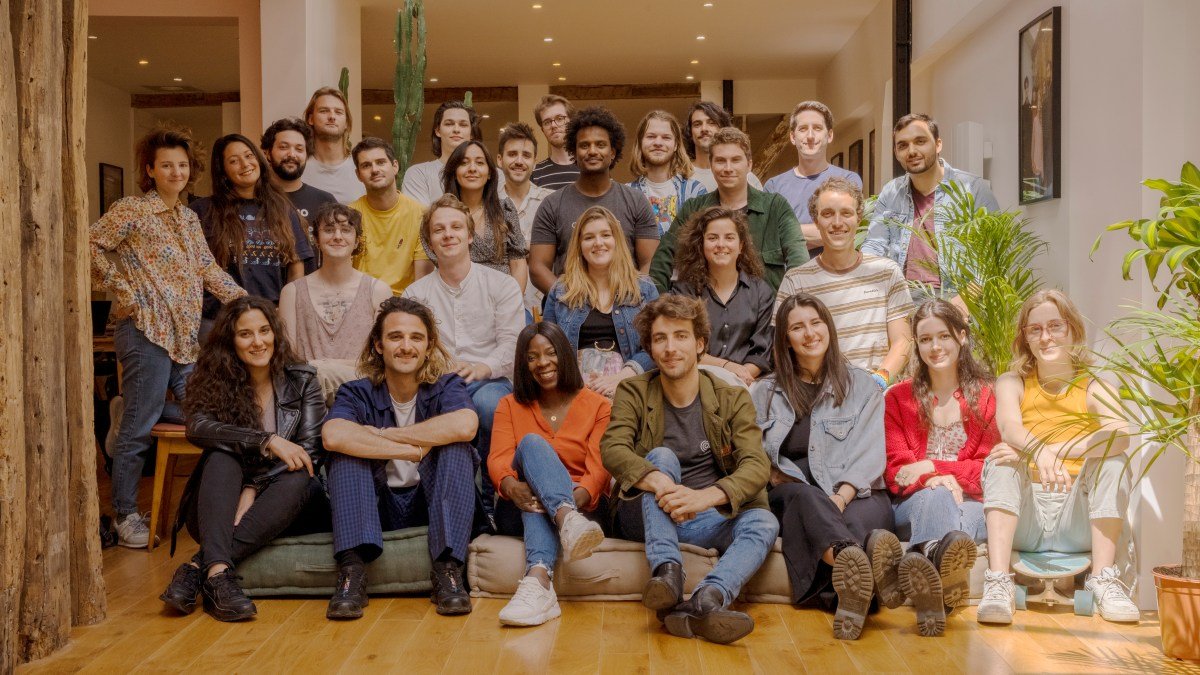Last Monday, I stumbled upon the world of Walter the Producer, a talented indie musician based in Boston. Despite not being featured on any of the playlists I typically follow, Walter has garnered less than 150,000 monthly listeners on Spotify. It was a serendipitous moment, to say the least, as I discovered his music while enjoying a beer at a brewery 2,000 miles away from home in Phoenix. Without my impromptu use of Shazam, I may have never stumbled upon this hidden gem of an artist.
Finding new music has become somewhat of a game for many music enthusiasts. Walter the Producer even pokes fun at this in his Spotify artist bio, playfully stating “If you gatekeep me i will hunt you down.” In the ever-changing landscape of the music industry, major artists with deep pockets have always had an advantage when it comes to promotion. But with algorithm changes at streaming platforms like Spotify, the rise of viral TikTok tunes, and strategic shifts at publications like Pitchfork and Rolling Stone, it has become increasingly difficult for independent musicians to break through.
The accessibility of music production has never been better. This is what inspired the founders of Groover, a Paris-based startup launched in 2018. The platform offers independent artists a way to promote their music by submitting it to individual curators who provide feedback and have the ability to amplify songs they believe in. Romain Palmieri, co-founder and CEO of Groover, shared that the company was born out of a desire to address the promotion struggles they all faced in their own music careers.
“Independent artists have more access to music creation, which is great and creates more creativity, but the main challenge for artists is how can you promote the music and get heard by the right people and get the right curation by the right people,” Palmieri said. “We wanted to build something that could solve this.”
Recently, Groover announced an $8 million Series A funding round led by OneRagtime, Techmind, Trind, and Mozza Angels. The company plans to use this investment to continue expanding into its largest market, the U.S., and add new features for artists such as coaching and promotion resources.
The business model of Groover is unique. The platform currently boasts over 3,000 music curators, each with the ability to set their own price. Each transaction is split in half, with half of the payment going to the curator and the other half to Groover. If a curator fails to listen to a song within seven days, the artist receives a full refund. However, Palmieri shared that 90% of requests are answered within this timeframe.
While I appreciate the concept of artists having a direct relationship with curators, it’s disheartening to see that pay-to-play has become the preferred option for many independent musicians. The curators on Groover are not only promoting music they love but also music they have been paid to listen to.
But I also recognize the current state of music journalism, which has been shrinking as the number of independent musicians rapidly increases. In this context, solutions may not be perfect, but they are much needed. The fact that artists have the freedom to choose who they work with on Groover, the relatively inexpensive outreach, and the high response rate make this approach the most artist-friendly option that doesn’t rely on earned promotion.
Palmieri also noted that the majority of independent artists do not have many other cost-effective options. They can either endlessly pitch their music to publications with little chance of being noticed or resort to costly PR services that may not bring increased success.
This system also benefits music curators, who face the challenge of sifting through an ever-growing sea of new music. The platform offers them a way to get paid directly for their work while making their jobs a bit easier.
It’s refreshing to see someone actively working to address this issue, as finding new music has become noticeably more difficult for listeners. My own experiences and conversations with friends on social media have shown that this problem is felt across the board. In fact, only one person in my high school’s pretentiously named Music Aficionados Facebook group still consistently shares new music.
Groover is not the only startup aiming to support small musicians. GigFinesse is another platform that streamlines the booking and payment process for both musicians and venues.
I like the idea of GigFinesse in the same way I appreciate Groover – both offer clear solutions for all parties involved. These startups not only benefit the artists but also assist those in the industry who are essential in launching new artists. Ultimately, we are all part of a community that needs each other to thrive. After all, every musician starts somewhere.








